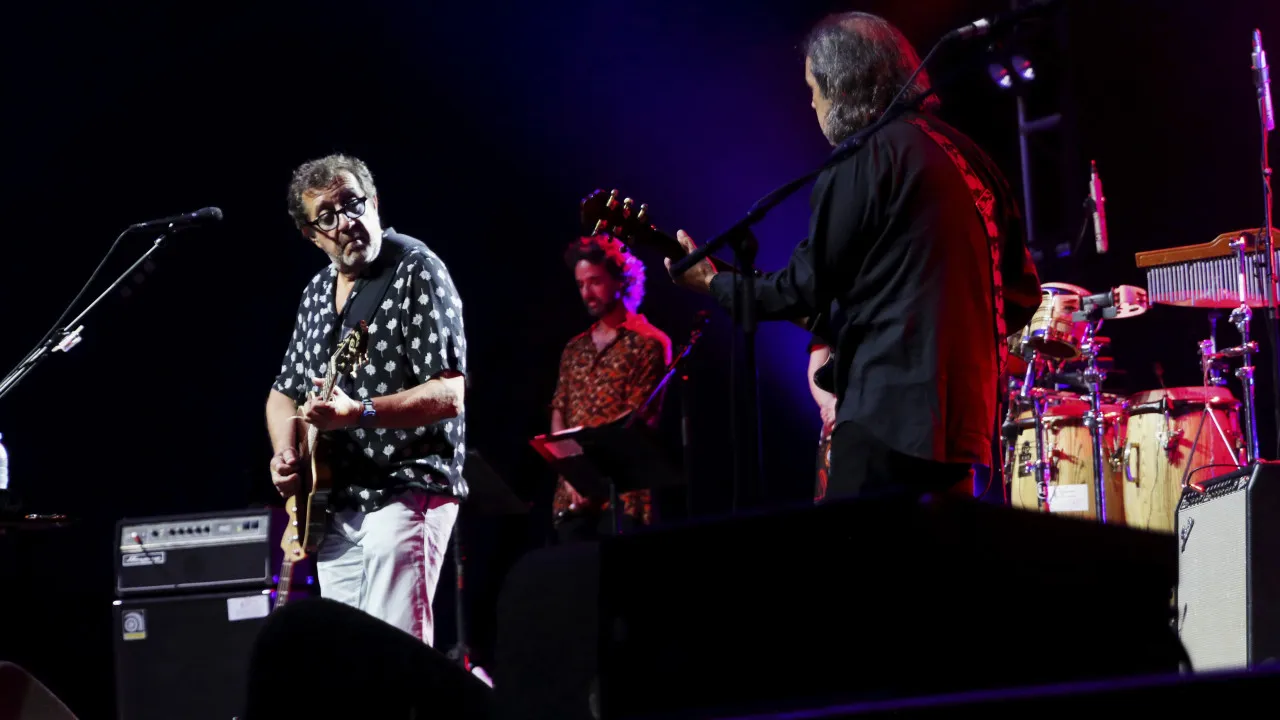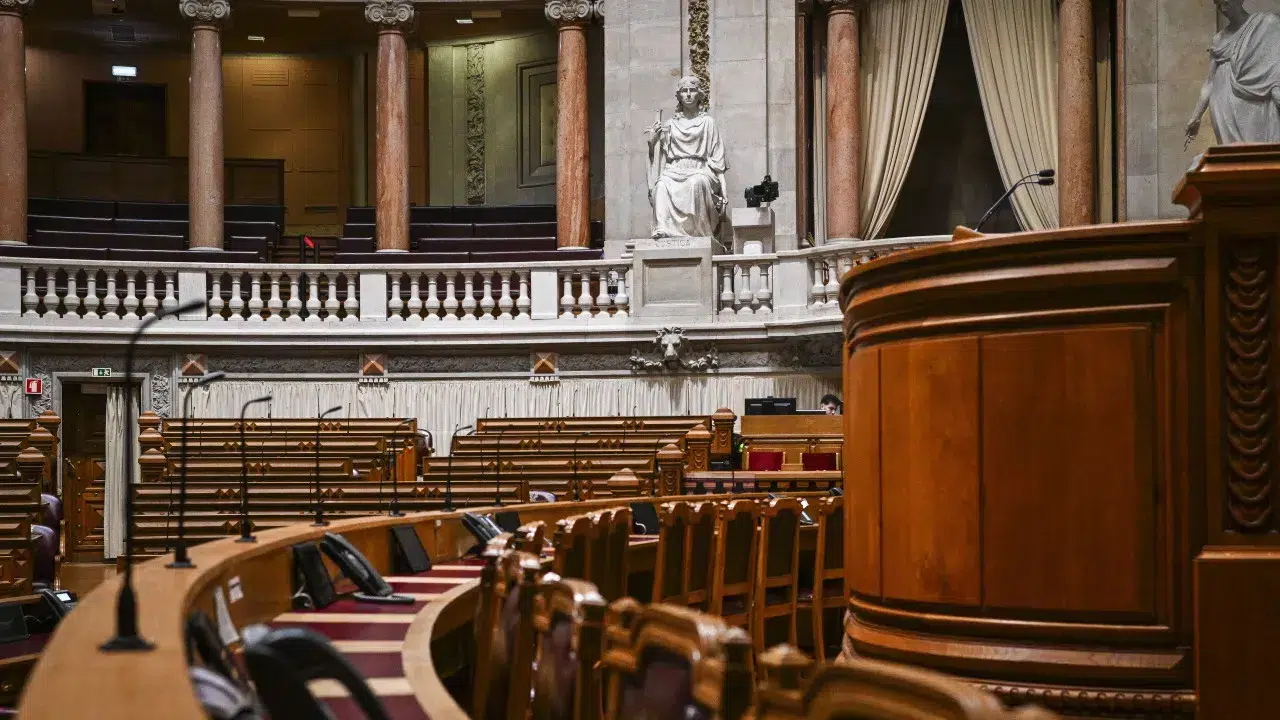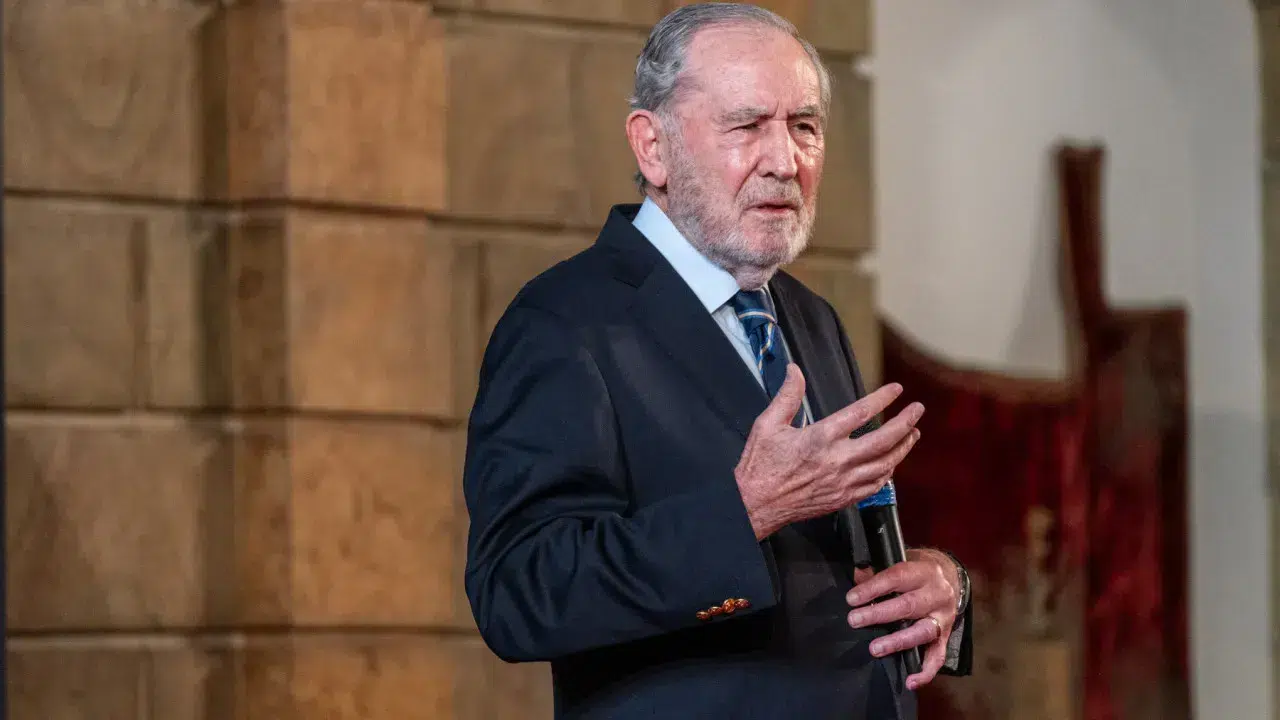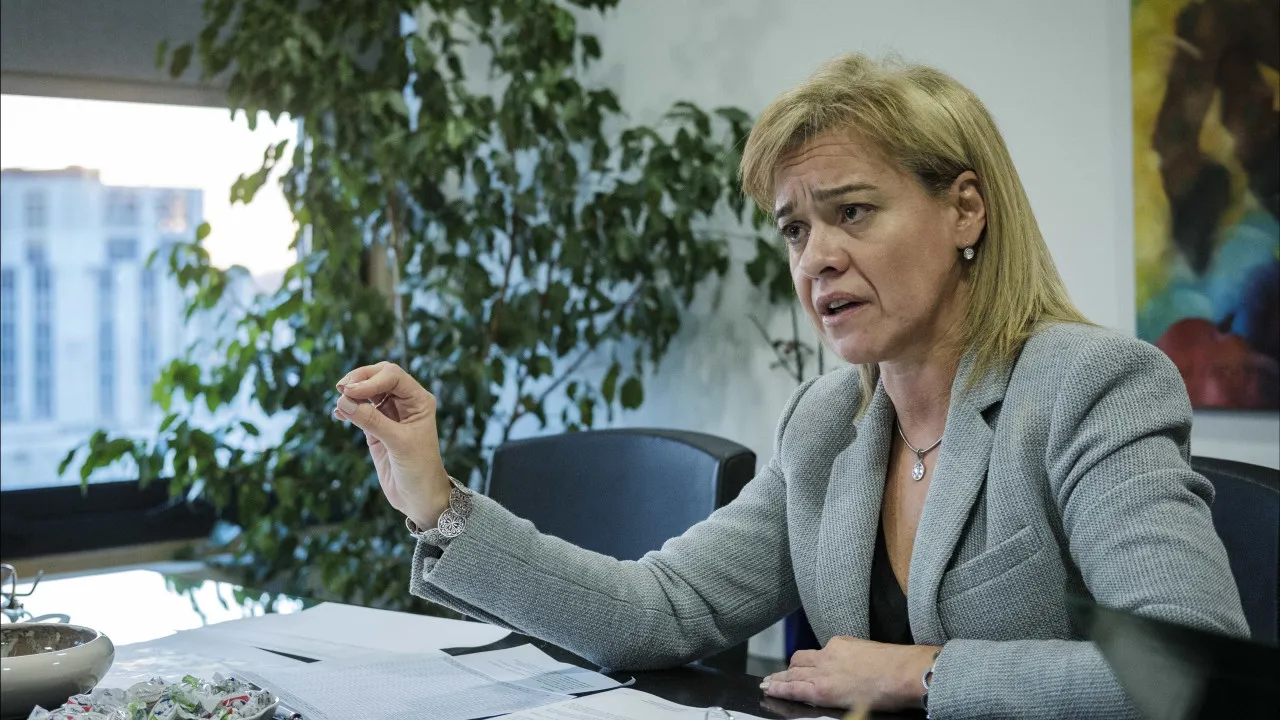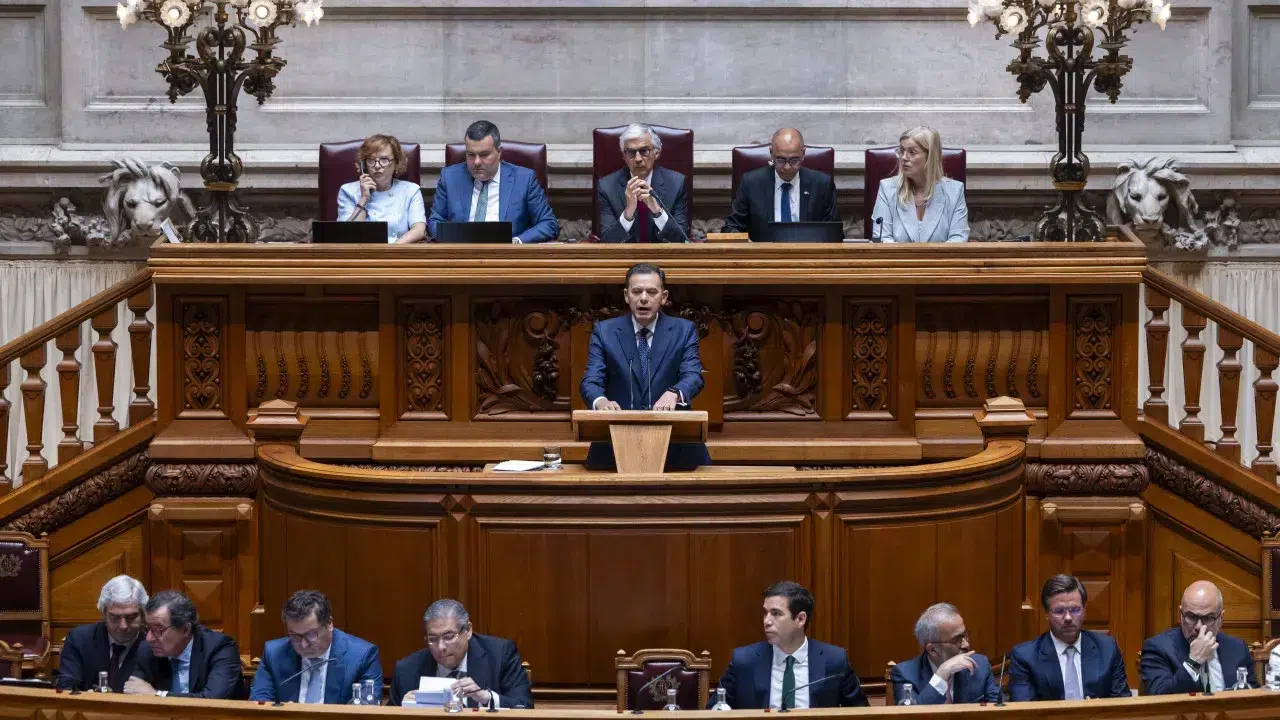
The debate is expected to last approximately four hours, beginning with an intervention by Luís Montenegro that may last up to 40 minutes, and will be concluded by the Government. Following this, political parties will make inquiries in the order of Chega, PSD, PS, IL, Livre, PCP, CDS-PP, BE, PAN, and JPP.
On Tuesday, at the close of the PSD/CDS-PP parliamentary sessions, the Prime Minister stated that these two parties form “the central political force” in democracy, focusing more on action than ideology.
“Through this path, we are more equipped than anyone else to build bridges and create convergences with other political areas to our right and left,” he said, reiterating his message since taking office that the Government seeks to engage in dialogue with all without privileged partners.
Since taking full office on June 18, Montenegro has already summoned the leaders of PS and Chega to São Bento for discussions before the NATO summit and met again with André Ventura at the official residence, at his request, concerning IRS and immigration issues.
In the early elections on May 18, the AD won again without an absolute majority, with Chega becoming the second-largest parliamentary force with 60 deputies, and PS coming third with 58.
After approving a new IRS reduction with support from Chega, IL, and PAN (with PS abstaining), the Government managed to pass changes to the immigration law thanks to Chega’s support, despite opposition from socialists. André Ventura stated there is already a preliminary agreement with the government on the nationality law, set for a vote in September.
On Wednesday, PS Secretary-General José Luís Carneiro challenged Montenegro to choose his negotiation partners carefully and warned that socialists should not be equated with Chega, risking a rupture between the two parties.
In the health sector, Ventura challenged the Prime Minister to present a plan during the state-of-the-nation debate, while José Luís Carneiro sent a proposal to Luís Montenegro for establishing a coordination unit for hospital emergencies.
The Prime Minister has already promised to “stand firm” in today’s debate regarding government policy in this area, arguing that, despite occasional negative incidents, there have been improvements compared to a year ago.
The first state-of-the-nation debate with Luís Montenegro as Prime Minister took place exactly a year ago, then with Pedro Nuno Santos leading the PS in a discussion dominated by the possibility of early elections and the uncertain vote on the State Budget for 2025.
A year ago, Montenegro opened the debate by accusing PS and Chega of being “two sides of the same coin” of political irresponsibility and stating that only a no-confidence motion would topple the government.
The Budget was eventually approved with PS abstaining; two no-confidence motions submitted by Chega and PCP were rejected, but Montenegro’s first government fell on March 11 this year, following the rejection of a confidence motion he presented to parliament amid a political crisis involving a family company, Spinumviva, which was subsequently transferred to his children.

